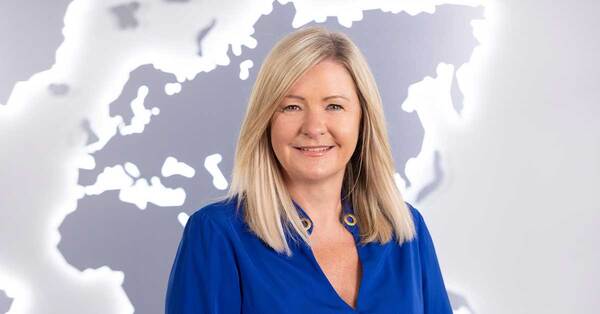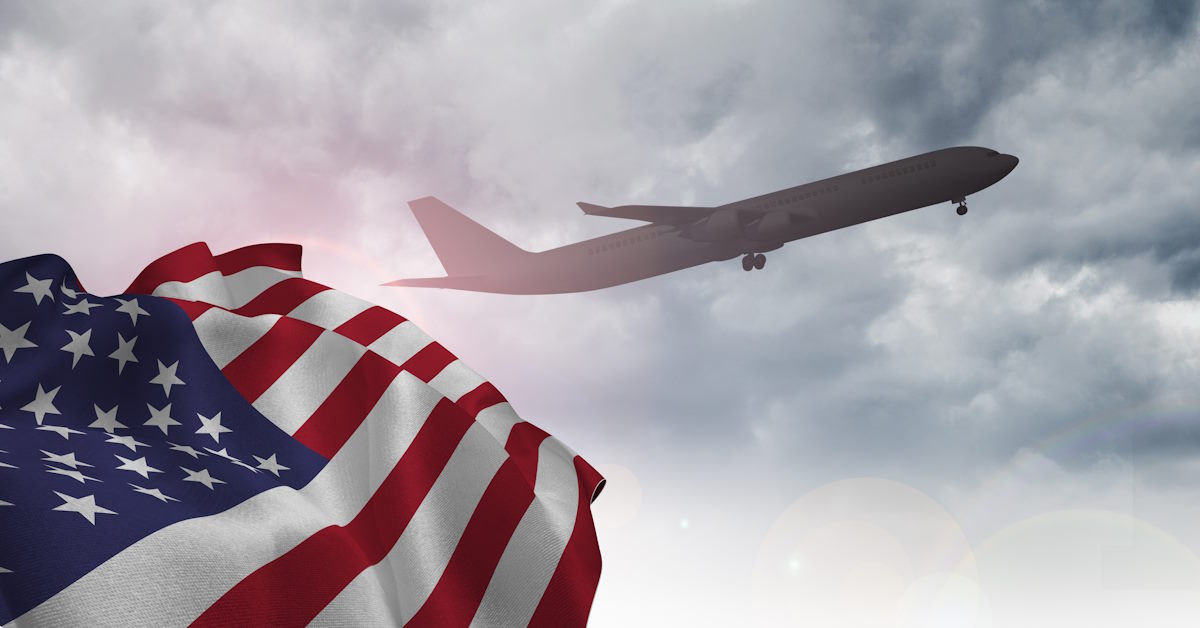Travel advisors are in demand on both sides of the Atlantic
Barrhead Travel’s Jacqueline Dobson says agents are not just surviving but thriving
The travel landscape has rarely felt as dynamic as it does today. Demand is strong, customer expectations are high, and the world continues to present both opportunities and challenges that shape how the travel advisor community is operating and evolving.
With my new position as president of The Vacation Group – spanning both sides of the Atlantic – I’ve enjoyed a unique vantage point where I’ve been able to compare the two markets. While each faces its own pressures and opportunities, what unites them is the continuing and growing value of the human travel advisor.
In the UK, appetite for international travel remains exceptionally strong. Mediterranean favourites like Spain, Turkey and Greece are dominating our top bookings as people favour accessible and affordable destinations for their main summer holiday.
Perhaps unexpectedly, demand for travel to the US has remained stable. Despite the spiralling media reports on general sentiment surrounding travel to the US, British holidaymakers haven’t really let that hold them back when it comes to stateside travel. It’s been positive to read this month that Brand USA is still reporting stability in the market and even incremental increases in passenger numbers.
US travel advice
Part of the value of a travel advisor is shining through when it comes to US travel. Experts have been able to cut through the noise and provide reassurances when it comes to entry requirements and finding best value for money. While the strength of sterling against the dollar has fluctuated, the appeal of US experiences remains high – from theme parks to national parks and city breaks to beach getaways.
It’s interesting to see how the same issues are impacting traveller habits in the US. While we are seeing similarly buoyant demand, the patterns differ. In spite of domestic challenges, consumer spending has been incredibly resilient when it comes to travel.
US domestic travel remains a powerhouse, fuelled by the diversity of the landscape and a desire for more frequent, shorter getaways that often fit around public holidays. Demand for international travel hasn’t really softened – but people are being far more intentional with their planning. They want to lock in bucket-list trips early and are focused on securing value-for-money or exclusive offers. In tandem with forward-planning to 2026 and beyond, last-minute holidays are increasingly in demand too.
What is noticeable across both regions is the willingness of clients to invest in travel as a priority expense. Even in the face of higher living costs, people are reluctant to forgo their holidays.
Geopolitical awareness
Yet, alongside this demand comes complexity. Advisors in both the UK and US are grappling with the impact of ongoing political tensions across the world. Geopolitical issues, such as conflict, trade disputes or instability, often spark consumer hesitation.
For the travel industry, the advisor is playing a more important role than ever. Our ability to interpret global events, reassure clients and redirect them towards alternatives when necessary is invaluable. Algorithms and online search engines might deliver information, but only a trusted human advisor can deliver peace of mind.
Suppliers too increasingly recognise the advisor’s value. On both sides of the Atlantic, strong trade partnerships remain key to growth. Advisors act as trusted storytellers of brands and destinations, ensuring travellers not only book but return, with loyalty forged through experience and repeat business.
It’s clear each market has its own idiosyncrasies. But the conclusion is the same: the travel advisor isn’t just surviving, we’re thriving.
In times of volatility, it is human expertise that travellers prize above all else. Trust, reassurance and expert knowledge – these are qualities no algorithm can replicate. The opportunities ahead are significant, and while challenges remain, I believe the future of travel will be written with the advisor at its heart.

















